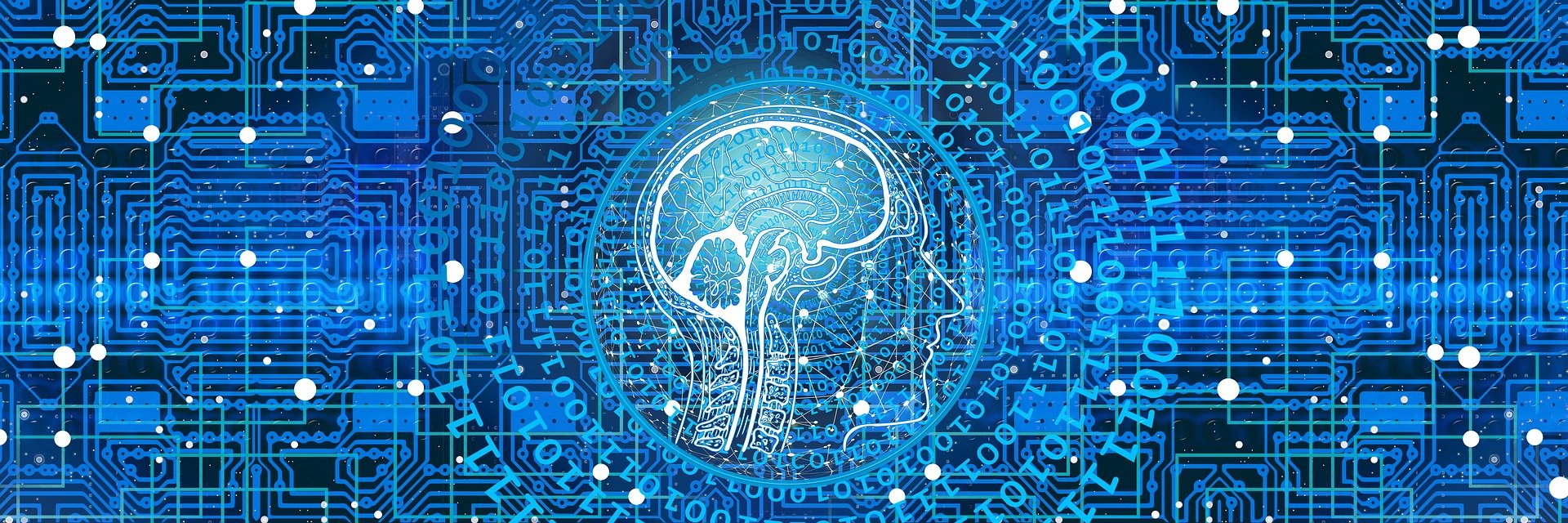AI is known as a powerful technology that has already radically changed any of the industries that it has touched. One of the AI benefits is speeding up processes and increasing efficiency at ever-increasing rates. AI is now quickly climbing the ranks in the medical industry where the technology can be found assisting researchers, surgeons, and doctors at every level of capacity.

A high level of investment
Record keeping is quite expensive for healthcare professionals. Remember the wall of files for every patient at the doctor’s office? It’s quite burdensome to manage and protect all of the medical data of every single patient that walks through the door. For this reason, many practices find themselves overburdened, mistake-prone, and inefficient.
Reducing administrative and procedural costs
The highest level of investment within healthcare AI is digitization. While it may not sound like the most interesting application of artificial intelligence in the field of medicine, it is the most impactful. Administrative efficiency translates to better record-keeping, better HIPAA compliance rates, and, ultimately, better patient experiences.
Finding customers with AI
Finding the right doctor can be one of the most frustrating tasks known to man. Some doctors don’t accept your insurance, others charge absurd rates, and those in-between have practices miles and miles away.
AI and telehealth have helped address patient and doctor matching. With telehealth services, patients can find specialists in any area without ever leaving their homes. Artificial intelligence can be leveraged on these telehealth platforms to analyze health data in real-time.
Digitalization is inherent in these platforms, further automating administrative and procedural tasks that can bog down practices.
Analyzing massive data sets
Medical research is always a top priority. Finding and eliminating the disease is incredibly important and impactful. Saying anything to the contrary is rather unethical and unseemly —- not to mention mad.
For this reason, we want the best and the brightest searching for cures, creating vaccines, and decoding mutagenic diseases like cancer. In this day and age, we are inundated with valuable health data. Petabytes of datasets can’t be analyzed by human beings.
Precision medicine
Luckily, AI software can search through massive health databases, accelerating research dramatically.
With artificial intelligence medical teams, pharmaceutical companies, and insurance companies are changing how they interact with the medical community and with individual patients.
Tracking rapid change with AI
Most importantly, AI can help us connect the dots on major medical mysteries like how and why certain cancers form. Before the use of AI, medical researchers and immunologists would have to comb through hundreds of records and documents in the hopes of finding relevant paperwork.

Instead, AI eliminates this laborious process and replaces the tedium with quick and efficient research that is quickly compiled and analyzed in a matter of minutes.
Now, more than ever, patients have the freedom to choose the doctors they want at affordable rates. In the same fashion, individual practices can boost efficiency and increase patient engagement.
The most attractive and alluring thing that AI does for the medical industry is something called digitization. Since the medical industry is so inundated with records and data it has a hard time keeping track of everything and compiling it quickly when it is needed. AI eliminates this process by quickly and efficiently calculating and compliment all data needed in a matter of seconds compared to days.
Digitization makes these centers and facilities more HIPAA compliant which in turn decreases the chances of error and miscalculation. Engagement is also affected through the use of AI as technology allows more patients the ability to see doctors whenever they are feeling ill. This is used in conjunction with Telehealth to provide comprehensive medical care to people anywhere in the world. AI is making the dream of universally accessible healthcare a reality through these technologies.
On the more technical side of medicine, AI can also be found assisting medical researchers by compiling massive amounts of data and synthesizing it into digestible chunks of vital information.
